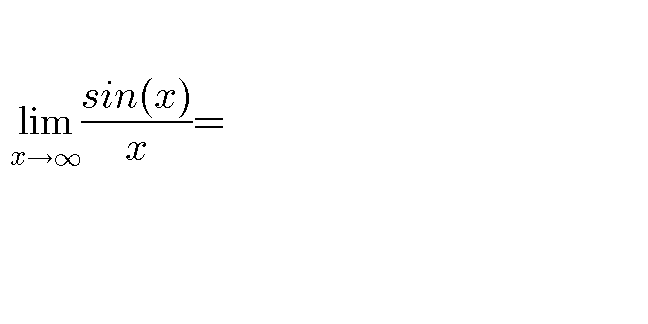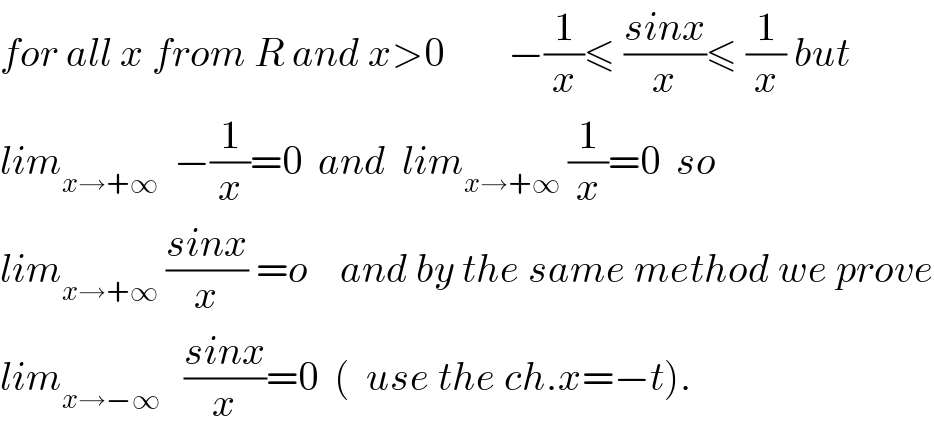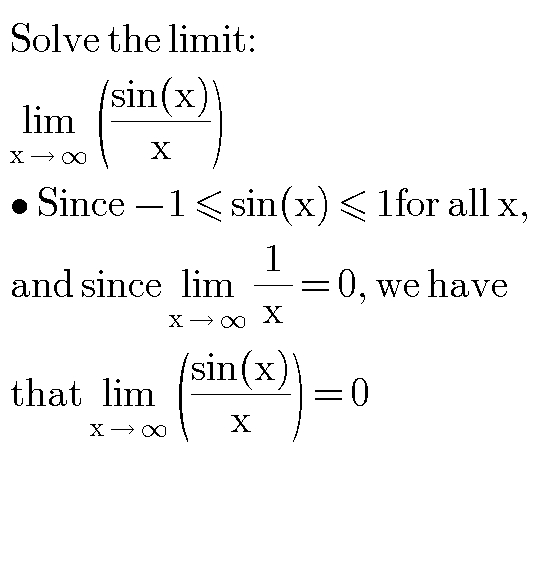
Question and Answers Forum
Question Number 28467 by Asad8992002 last updated on 26/Jan/18

Commented by abdo imad last updated on 26/Jan/18

Answered by malwaan last updated on 26/Jan/18

Answered by A1B1C1D1 last updated on 26/Jan/18

| ||
Question and Answers Forum | ||
Question Number 28467 by Asad8992002 last updated on 26/Jan/18 | ||
 | ||
Commented by abdo imad last updated on 26/Jan/18 | ||
 | ||
Answered by malwaan last updated on 26/Jan/18 | ||
 | ||
| ||
Answered by A1B1C1D1 last updated on 26/Jan/18 | ||
 | ||